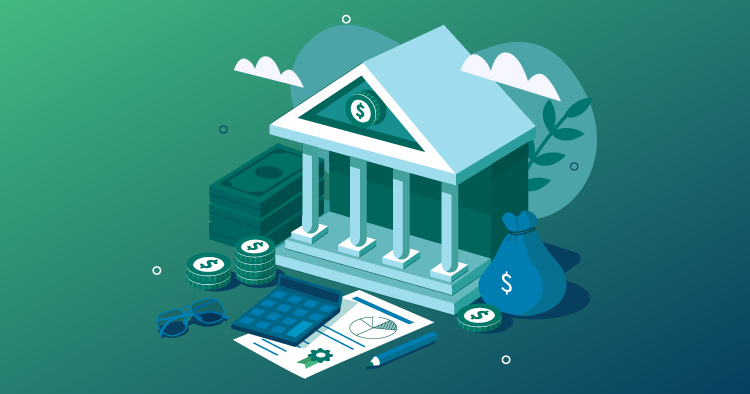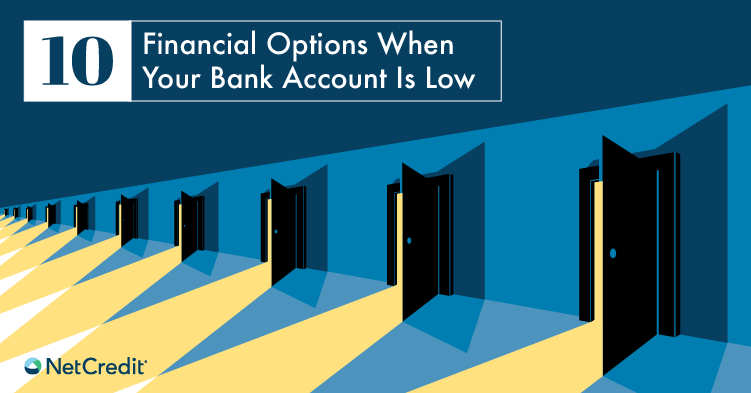Credits and Debits: Understanding Practical Money Management
It’s commonly said that money makes the world go round. Without money, we wouldn’t be able to do many things we take for granted today, including buying or selling goods. It is very important to properly understand how money matters work and how to handle our personal finances.
Unfortunately, too many consumers today have never received much in the way of formal education about handling personal finance accounts. Without the proper knowledge, it’s easy to fall into risky financial habits, such as overspending that can lead to debt.
We’ve compiled a directory of consumer finance resources, providing information about money and personal finances. By taking the time to learn about these issues early on, you can make sure you practice good financial habits throughout your life.
What Is Money?
Money came about in ancient civilizations. At first people would simply trade or barter one good for another. Over time, they saw that it was not very convenient to do so. For example, it might not be very convenient to trade a beautiful gold ring for twenty kilos of meat. Instead, people developed forms of money to symbolize the value of goods.
Today we don’t only use notes and coins, but also checks, credit cards, debit cards, online banking and other online payment services as methods of paying for items.
Spending and Saving Money
There is a fine balance between spending and saving money. It is never nice to come to the realization that your funds are depleted. To avoid this, make it a general rule to never spend more than you have and to manage your debts. Furthermore, if you save a small portion of your earnings each time you’re paid, you can use your savings as emergency money or to save up for something big.
Tracking your spending, earnings and savings on a budget sheet is an excellent way to see where your money is going. There are many times we find ourselves spending more on things than we realize when we look at our spending activity overall.
Debit Cards: Pros and Cons
A debit card is a bit like a virtual wallet. Imagine that you have $100. You might choose to keep that amount in notes in your pocket, or you could deposit it in the bank. Now suppose you go to the music store and buy something for $5. If you pay for it by swiping your debit card, the bank removes $5 from your bank account and transfers it to the music store.
The good thing about a debit card is that it ensures that you only spend as much as you have and no more. However, beware of extra fees that you might incur by withdrawing money from an ATM affiliated with another bank or by withdrawing more money than you actually have!
Credit Cards: Pros and Cons
A credit card might be seen as the complete opposite of a debit card. It allows you to pay for items with money that you do not have! Essentially, the card provider gives you a loan but expects you to pay it back with interest like any other loan. A credit card is considered to be a form of revolving credit. For example, you might need to buy a new bike that costs $500. If you don’t have enough money, you might use a credit card to buy it. Once you repay that amount, you will be able to use it again.
It is best to only use your credit card when you already have the money to pay off your purchases, or if you are fully certain that you can pay it off in regular installments. Interest is one of the biggest drawbacks to using a credit card. In the case of the bike, by using a credit card, the total cost might be $520 if you include the interest. However, credit cards are also convenient if you can keep the debt in check.
Curious to learn more about your finances? Learn terms you should know from this financial literacy guide or spend some time exploring our personal finance posts.






